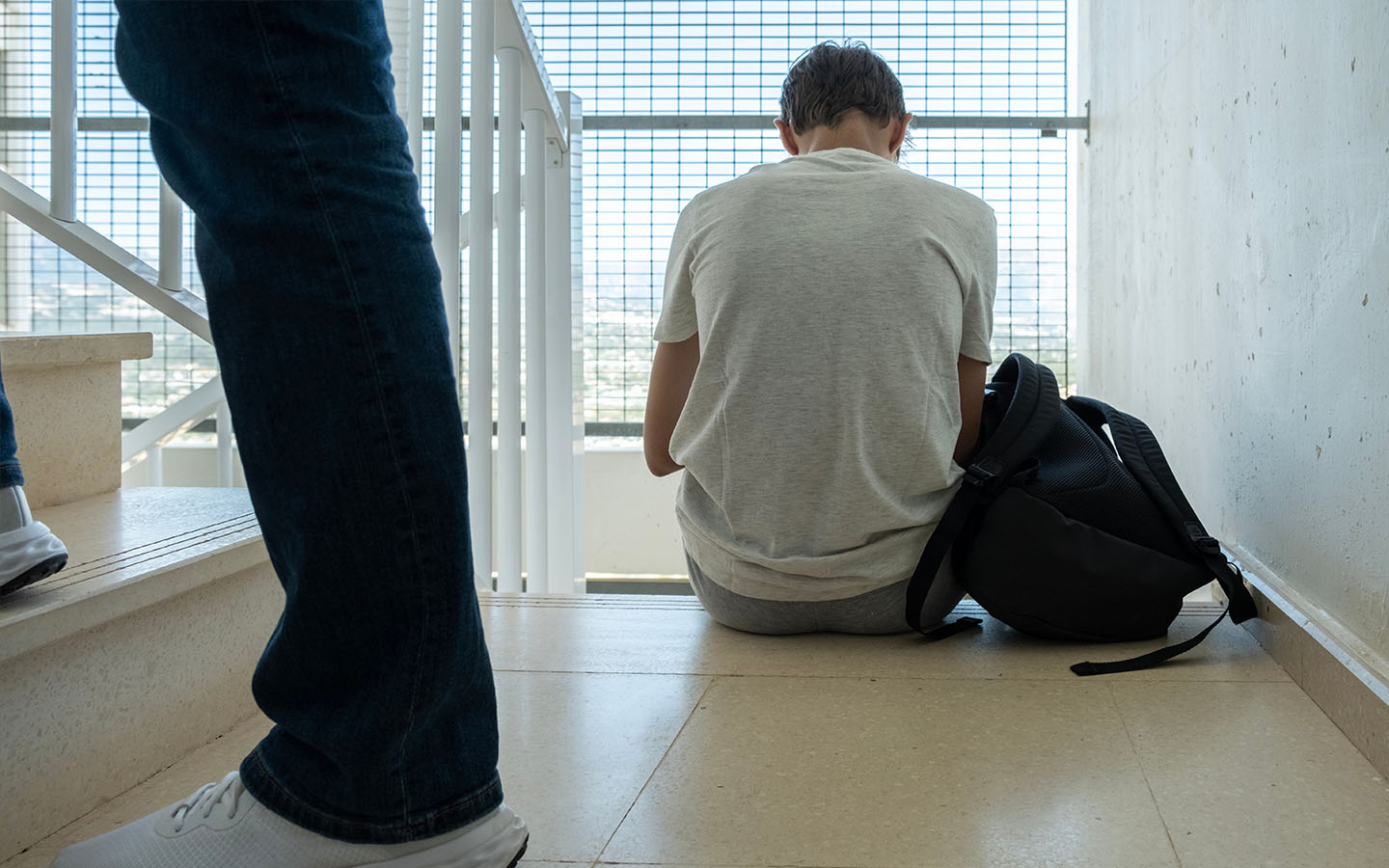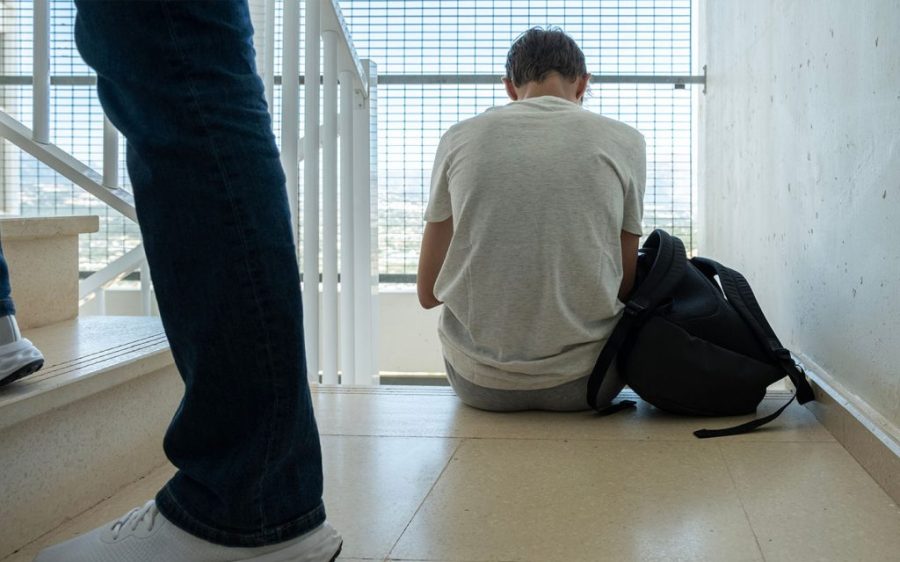Students across Brazil no longer have access to their phones in classrooms or hallways without permission from a teacher, as a new law comes into effect in the country, reports the AP.
Students can still have phones in school but use is limited to educational purposes, special permission from teachers, or for children who need their devices for accessibility and health.
A survey conducted last year by the Brazilian Internet Steering Committee found that most of Brazil’s 26 states and around two-thirds of all schools had some restrictions on phone use already in place. However, authorities have struggled to enforce them due to the variation between states and schools.
The Ministry of Education said in a statement that the law aims to protect students’ mental and physical health while promoting more intentional use of technology. President Luiz Inácio Lula da Silva, after signing the bill last month, told the press that the bill “acknowledges the work of every serious person in education, everyone who wants to take care of children and teenagers in this country.”
[See more: Ban smartphones for kids? French researchers say yes]
Think tank Fundação Getulio Vargas published a survey last May that found the number of phones in the country far exceeded the population, 258 million phones for a population of 203 million people. Brazilians spend a lot of time on those phones, too, averaging 9 hours and 13 minutes a day according to local market researchers, one of the world’s highest figures. With children going online at early ages, Education Minister Camilo Santana told journalists in January, a restriction on phone use in schools will help parents keep track of what their children are doing.
The new restriction also enjoys broad bipartisan support, drawing in allies of Lula and his far-right predecessor, Jair Bolsonaro, as well as a majority of the public.
A survey released last October by Brazilian pollster Datafolha found nearly two-thirds of respondents supported banning smartphones in school, with over three-quarters saying that phones do more harm than good to their children. Parents, institutions, governments and others increasingly associate smartphone use among children with bullying, suicidal ideation, anxiety and loss of concentration.
That perception has fuelled a growing trend around the world, with one in four countries already restricting the use of smartphones in schools, according to a report published in September by UNESCO. Isabela, a 13-year-old girl in Rio de Janeiro, told the AP that she agrees with the new law, but doesn’t see it as enough to improve the learning environment for everyone. “There’s still a lot of things that school can’t solve, such as bullying and harassment.”






